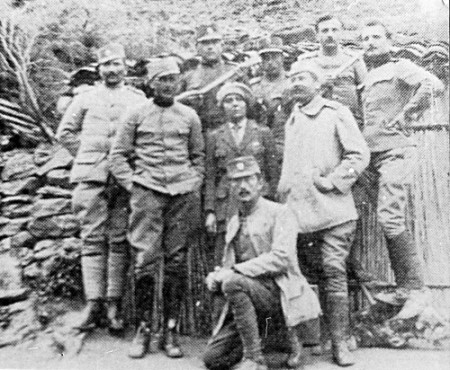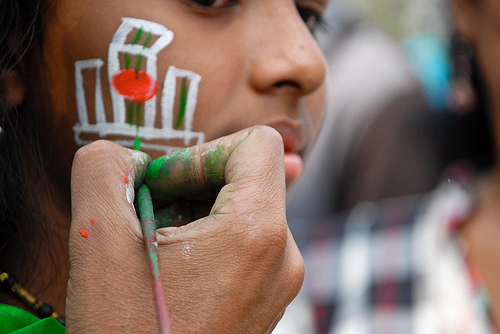
Dragoljub Draža Mihailović was a commander of the Yugoslav Army in the Homeland, also known as the Chetnik movement, during World War II. In 1946, he was captured by the communist Yugoslav authorities, convicted of high treason and war crimes, sentenced to death and executed.
The tribunal for his rehabilitation, which began in June 2010 on the request by Draža’s grandson Vojislav Mihailović, is nearing the end now. Although the request has been supported by some academicians, professors and politicians, the public in Serbia is divided. For some, Draža Mihailović is an innocent victim, for others, he is a justly convicted collaborator of the occupiers, who committed crimes not only in Serbia, but in Bosnia and Herzegovina and Croatia as well.

